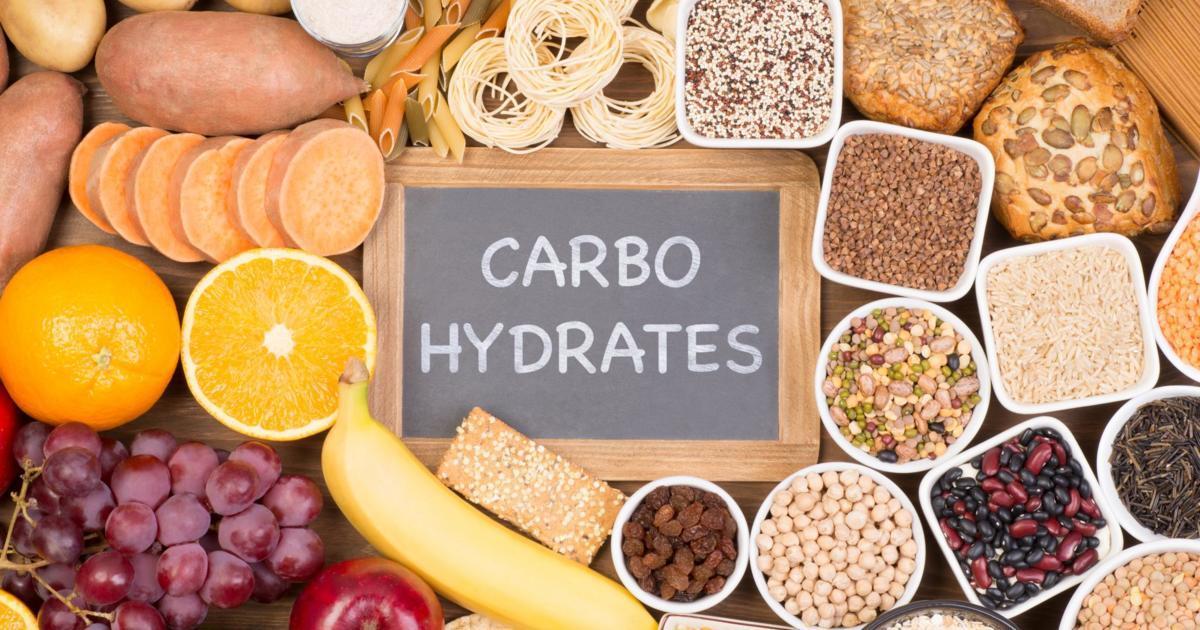Ms. Linda R. Feder
Dietitian-Nutritionist
760 CARPENTER LN PHILADELPHIA PA, 19119About
Dr. Linda Feder practices Nutritional Medicine in PHILADELPHIA, PA. Dr. Feder has received an education on and advises people on matters of food and nutrition, considering how they both impact health. Nutritionists? help patients choose the right things to eat, help them plan menus, and advise them on the health effects of certain foods. Nutritionists assess a patients current dietary habits and needs, educate them on healthy eating habits, follow up to ensure the menus are working, and write reports that document a patients progress.
Provider Details
Expert Publications
Data provided by the National Library of Medicine- Genetic, geographical and temporal variation of porcine reproductive and respiratory syndrome virus in Illinois.
- Associations between genetics, farm characteristics and clinical disease in field outbreaks of porcine reproductive and respiratory syndrome virus.
- Gene flow in wild chimpanzee populations: what genetic data tell us about chimpanzee movement over space and time.
- Comparative utility of restriction fragment length polymorphism analysis and gene sequencing to the molecular epidemiological investigation of a viral outbreak.
- Altruism towards panhandlers: Who gives?
- Predicting West Nile Virus Infection Risk From the Synergistic Effects of Rainfall and Temperature.
- Treatment of vulvar varicosities by injection-compression sclerotherapy and a pelvic supporter.
- The geographic apportionment of mitochondrial genetic diversity in east African chimpanzees, Pan troglodytes schweinfurthii.
Ms. Linda R. Feder's Practice location
Ms. Linda R. Feder's reviews
Write ReviewRecommended Articles
- Heavy Cream Substitutes
Heavy cream, also called heavy whipping cream, is a staple ingredient cooks and bakers use. It is often used in many different recipes, such as sauces and soups, including ice cream, sour cream, and homemade butter.Heavy cream comes from the high-fat part of fresh milk, and when milk is left to...
- How Does the Body Turn Carbohydrates into Glucose?
What are Carbohydrates?The body converts the food we eat into energy. Even though we obtain calories and energy from different food sources, such as carbohydrates, fats, and proteins, our main source of energy is still from carbohydrates. The body converts these carbs into glucose, which is the main...
- All About Vitamin B5 and Why We Need It
What is vitamin B5?Vitamin B5 is also known as pantothenic acid. This B vitamin was initially discovered by chemist Roger J. Williams in the year 1931. Pantothenic acid was basically discovered in combination with other compounds, and around 1938, it was successfully isolated on its own.In 1933,...
- Vegetables with Protein
IntroductionIncluding healthy sources of protein in your daily diet is very important. Protein helps keep the body healthy by building and repairing body tissues, coordinating with bodily functions, and allowing metabolic functions to take place. A diet that is high in plant protein is also linked...
- Is Glucose a Carbohydrate?
IntroductionThe main source of energy for most of the world’s population is carbohydrate. In many pre-prepared foods this is the main ingredient. Mostly carbohydrates are classified based on chemical structure. Monosaccharide, disaccharides and polysaccharides are types of carbohydrates....
- Zinc Deficiency
What is zinc?Zinc is a mineral that plays an important role in many different chemical reactions in your body. The human body uses this mineral to fight off infections, maintain acid-base balance, promote growth and development, boost antioxidant activity, and regulate gene expression, among...
Nearest Hospitals
CHESTNUT HILL HOSPITALl
8835 GERMANTOWN AVE PHILADELPHIA PA 19118ROXBOROUGH MEMORIAL HOSPITALl
5800 RIDGE AVE PHILADELPHIA PA 19128





